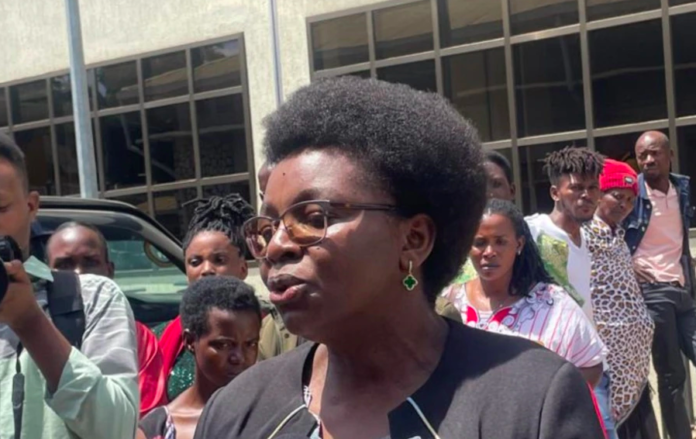In Kigali, the capital of Rwanda, a significant legal decision was made by the High Court on Wednesday, affecting the political landscape and the future aspirations of opposition leader Victoire Ingabire Umuhoza. Ingabire, a notable figure critical of the current Rwandan government, had her petition for clemency denied, marking a pivotal moment in her political career and the broader context of Rwandan politics.
Victoire Ingabire, who leads the unregistered DALFA party, had sought to have her conviction expunged, following a five-year period after being pardoned by President Paul Kagame. Her request, submitted in February, was aimed at clearing her record to enable her participation in the upcoming presidential and parliamentary elections scheduled for July this year. However, the court ruled that the timing of her application contravened the legal stipulations, stating that the requisite period for applying for such clemency would conclude in 2025, considering the terms of her release and the additional five-year period mandated by law for such requests. This timing discrepancy means that Ingabire might only reapply to have her conviction overturned in 2030.
The prosecution argued against Ingabire’s plea for clemency, citing non-compliance with the conditions set forth in the presidential pardon she received. The court concurred, emphasizing that Ingabire must first fulfill these requirements before qualifying for consideration. This decision underscores the stringent conditions attached to political pardons in Rwanda and the legal hurdles faced by opposition figures.
Ingabire’s reaction to the court’s verdict was one of disappointment but not defeat. She declared her resilience in the face of this setback and hinted at the possibility of seeking legal redress in the future, possibly taking her case to the East African Court of Justice after a two-year waiting period.
This case has also resonated with other opposition figures, including Bernard Ntaganda, who similarly expressed his disillusionment, particularly in light of the court’s decision. The broader implications of these legal proceedings on Rwanda’s political opposition and the upcoming elections cannot be overstated.
The recent confirmation of President Paul Kagame by his party, the Rwandan Patriotic Front (FPR-Inkotanyi), as its candidate for the July elections, adds another layer to this complex political narrative. Kagame’s longstanding leadership and the challenges faced by opposition parties in Rwanda are critical factors in understanding the dynamics at play.
This situation illuminates the intricate balance between legal frameworks, political aspirations, and the quest for democratic participation in Rwanda.































































